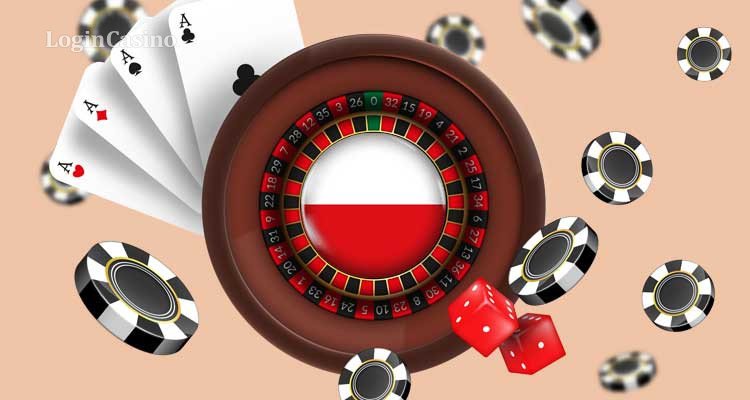The global online gambling market is on the rise – valued at about $75 billion, it’s anticipated to triple by the end of the decade – and so is Polish online gambling. Three leading lottery websites in Poland – Lotto.pl, STS.pl, and LVbet.pl – are frequented by over 6.4 million users annually, most of which spend between 15 to 30 minutes on a gambling session.
Unfortunately, though, the gambling market in Poland remains monopolized, with state-run Totalizator Sportowy being a single authorized provider of the majority of games. But do Poles have no choice, or are there any tricks allowing them to get access to a high-quality casino online PL while remaining on the legal side of the fence? Let’s try and find it out together with Aleksandra Maj, a gambling expert from KasynoHEX.
To know more about the lady, click here.
Gambling Laws in Poland
All forms of gambling (casino games, poker, bingo, betting, and lotteries), both online and land-based, are regulated by the Minister of Finance and the Act of 19 November 2009 on Gambling Games along with its latest amendment dated April 1, 2017. Both brick-and-mortar and online gambling was monopolized by Totalizator Sportowy even before the amendment, but now that the amendment is in force, the chokehold on online gambling has become even tighter, and here’s why:
- Unlicensed websites – that is, all websites that do not hold a state-issued online gambling license – continue to be outlawed, but now they are blacklisted by the Minister of Finance.
- Blacklisted websites are not allowed to provide gambling services in Poland. Access to such websites is blocked and users are redirected to the governmental website explaining that they were trying to enter a blacklisted site. Payment providers are not authorized to process payments to blacklisted websites.
- Blacklisted websites are not notified about being blacklisted, but they can file an appeal with the Minister of Finance.
However, although harshly regulated, dozens, if not hundreds, of offshore websites are still accessible from the territory of Poland – and you can play there, too, as long as you’re sure it’s safe. Speaking of which, let’s elaborate on the situation from the perspective of a player.
But What If You Just Play?
Whether you like it or not, when it comes to online gambling from Poland, there are only two options:
- First, you can play on Total Casino, a single legal online gambling website in Poland. Truth be told, it provides the majority of existing games, including slots, roulettes, card games, jackpots, and live casino games, but it’s still a far cry from what international online casinos offer (that said, you may be able to live with that as long as your favorite games are supported). However, if you manage to win something, you will have to pay taxes, at times exorbitant: 2.5% – horse racing, 12% – other types of betting, 10% to 20% – lotteries and bingo, and 50% – machines games, card games, dice games, and wheel games. As a result, you may lose up to half of your winnings.
- Second, you can venture into an unregulated venue of international online casinos. Why unregulated? Well, while there’s a clear ban on running an unlicensed online casino, there’s no direct law that would prohibit Poles from accessing international casinos. Therefore, in the worst case – that is, if you’re trying to access a blacklisted site – you will be redirected to the governmental website explaining that you should opt for regulated online casinos; in the best case, you will freely enjoy the pastime with your favorite casino.
Again, there are no laws that could penalize Poles for trying to access offshore casinos, which is why there’s no reason to be afraid of being caught red-handed. At the same time, it would be wise to choose a reputable site with a spotless background because while playing at offshore casinos, you are not protected by Polish law.
Moreover,Never forget that gambling is addictive. If you’ve spotted symptoms of gambling addiction in yourself or your close ones, immediately ask for help at international – BeGambleAware, Gamblers Anonymous, GamCare, etc. – or local problem gambling organizations.

